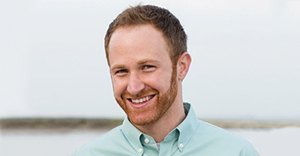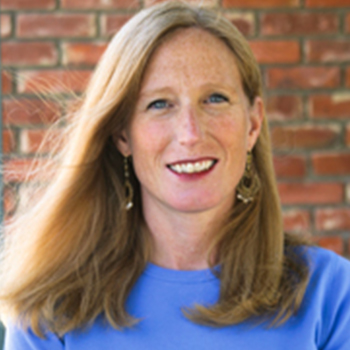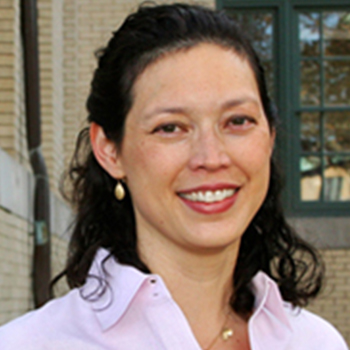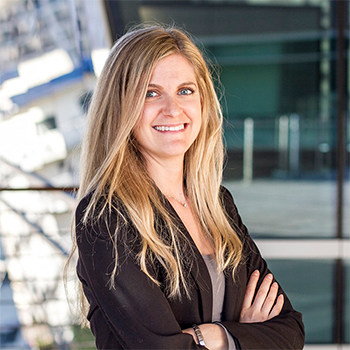First-of-its-Kind Major in Behavioral Economics
There has been an explosion of interest by government, nonprofit and industry organizations to hire trained behavioral economists. Governments seek to use behavioral economics to inform public policy and improve the effectiveness of governmental organizations. In industry, it is used to position brands, improve the quality of employee savings, retirement and health plan decisions and much more.
To meet this demand, Carnegie Mellon University has created the first and only undergraduate major in behavioral economics. The bachelor of science degree in behavioral economics (formerly the bachelor of arts in behavioral economics, policy and organizations) trains students to apply psychological insights to human behavior to explain and predict economic decision-making.
B.S. in behavioral economics students will learn from world-class faculty at the institution responsible for pioneering the field; the late Herbert Simon, a Nobel Prize and Turing Award winner and CMU professor, coined the phrase "to explain a more descriptive conception" to describe a more descriptive conception of the limits of human problem-solving ability. And current CMU Professor George Loewenstein co-founded the field of behavioral economics.
Faculty teaching behavioral economics classes are renowned in a wide range of areas, including gender discrimination in the workplace, negotiation, barriers to enrolling in social service programs, behavioral game theory, risk taking in financial markets, psychology of curiosity, unethical behavior and many others.
The B.S. in behavioral economcis complements the Social and Decision Sciences Department's highly sought after Ph.D. program in behavioral decision research, which has alumni working at Facebook, Google, Fidelity Investments, McKinsey & Company, the newly formed Consumer Financial Protection Bureau and a number of nonprofits, startups and consulting firms, and the brand new, also first-of-its-kind Ph.D. in behavioral economics, offered jointly through by the Tepper School of Business.










